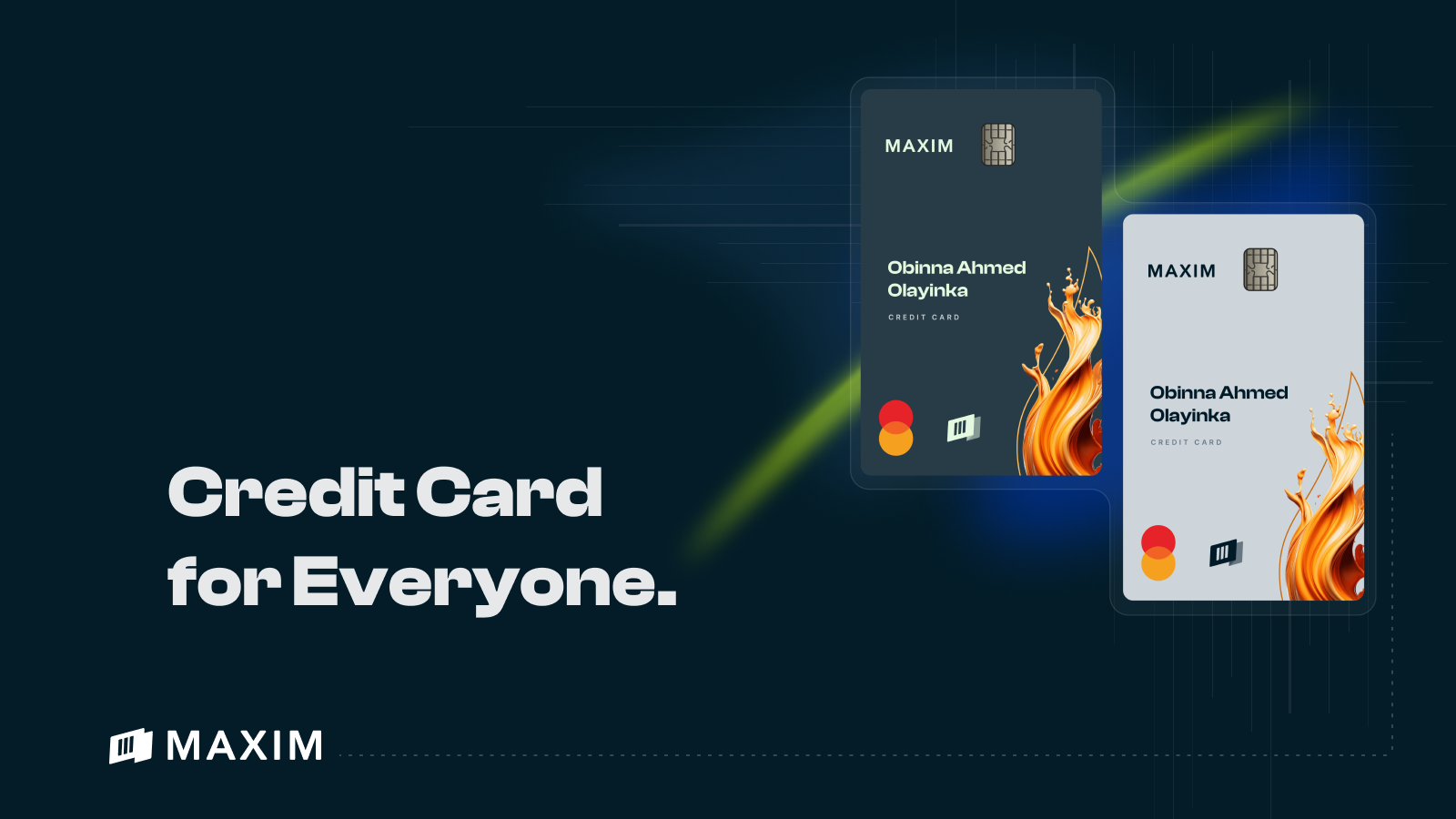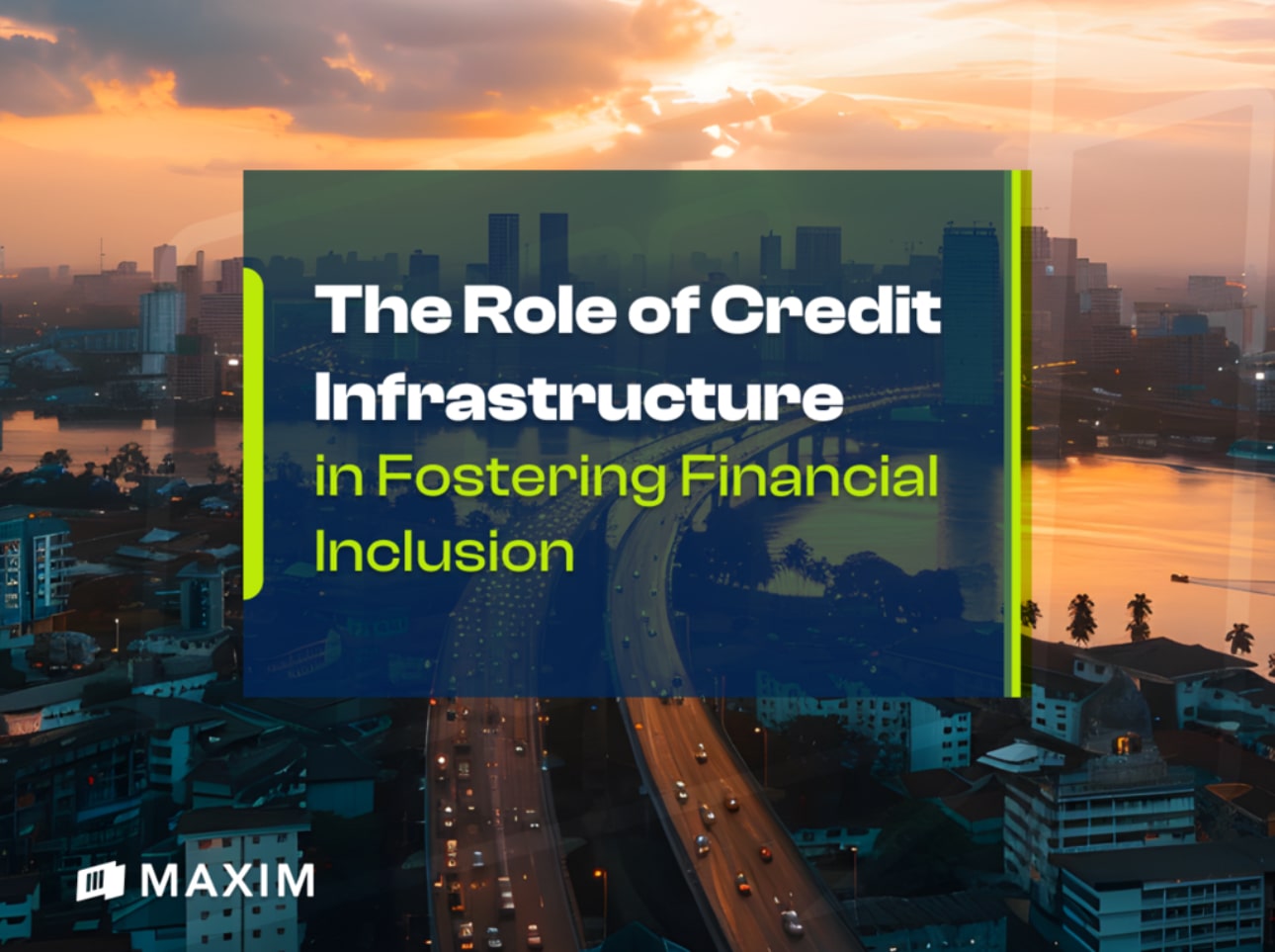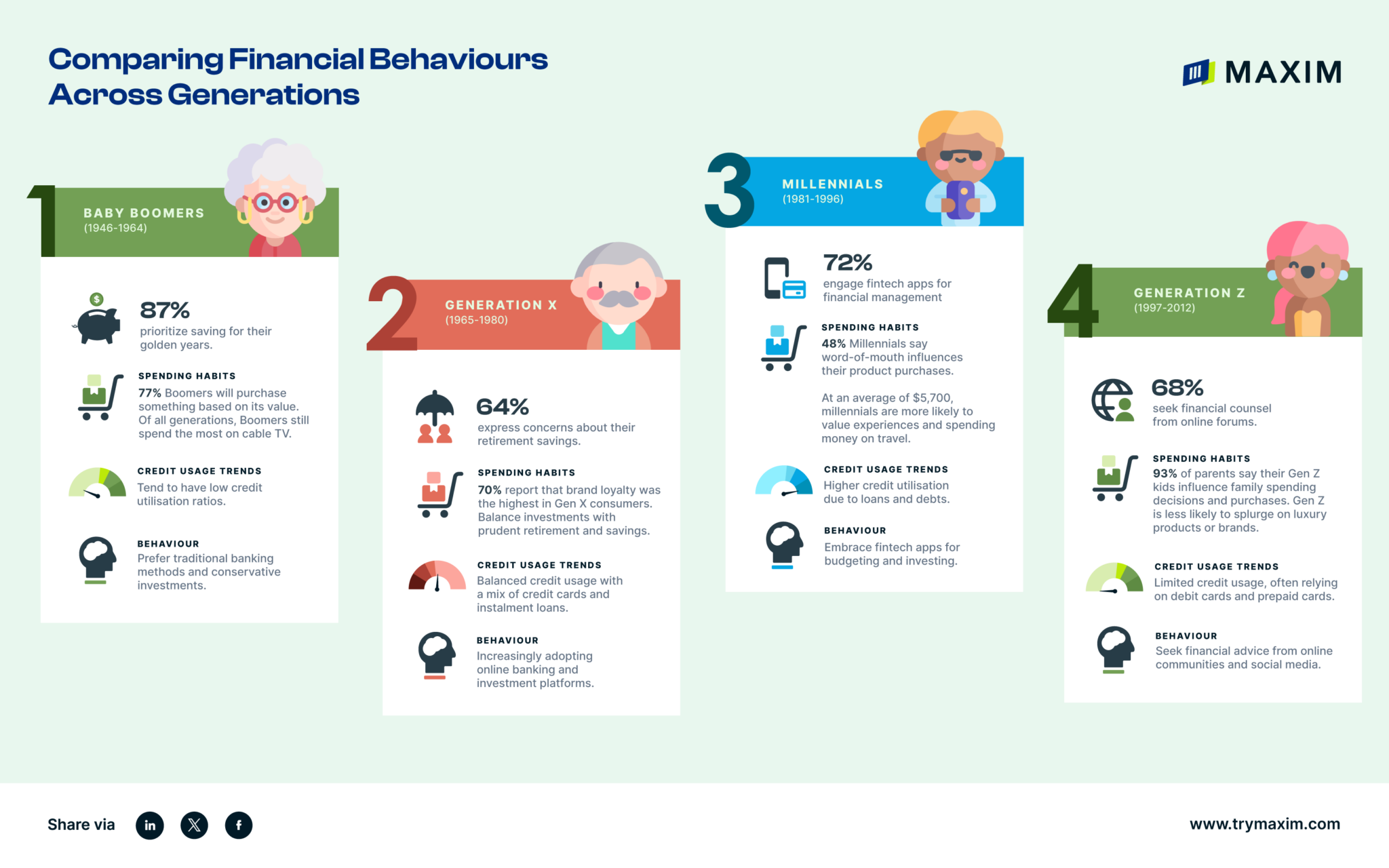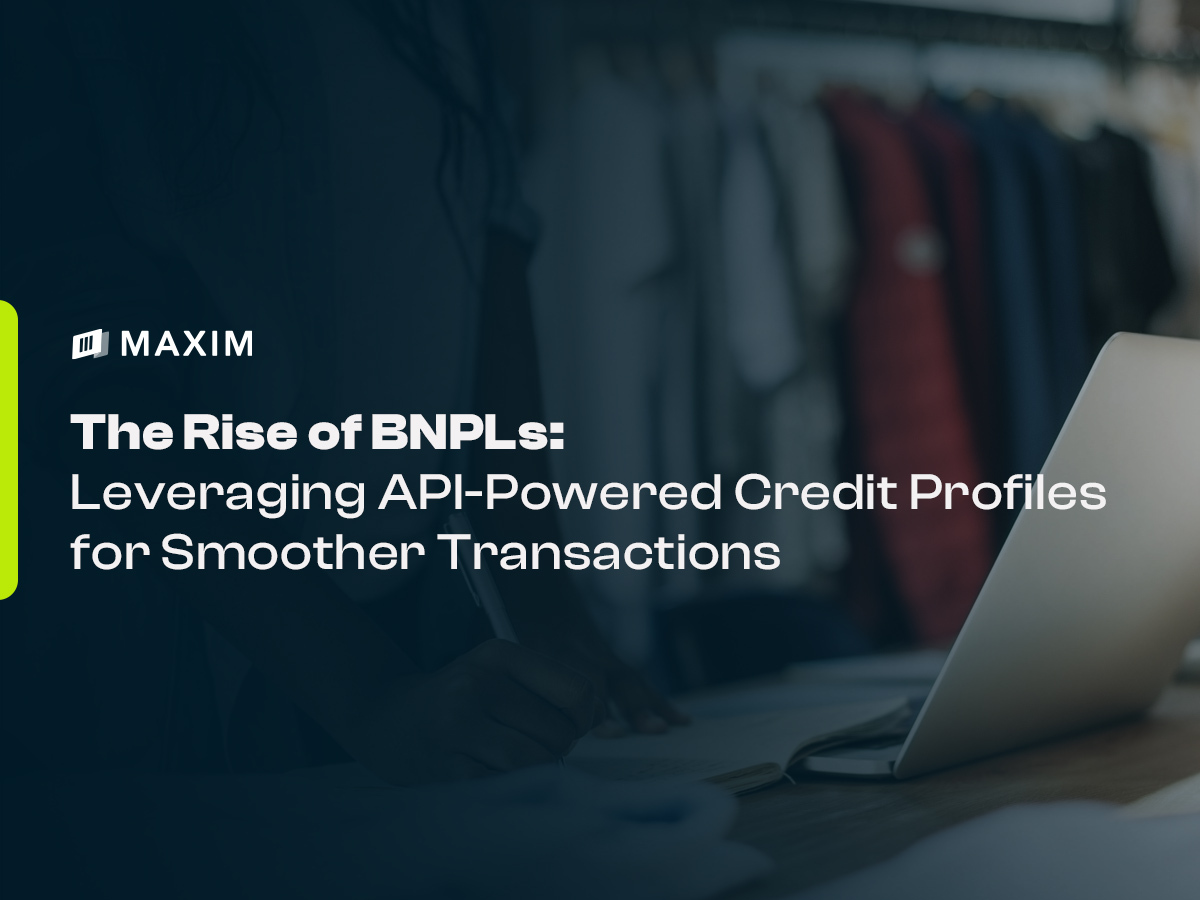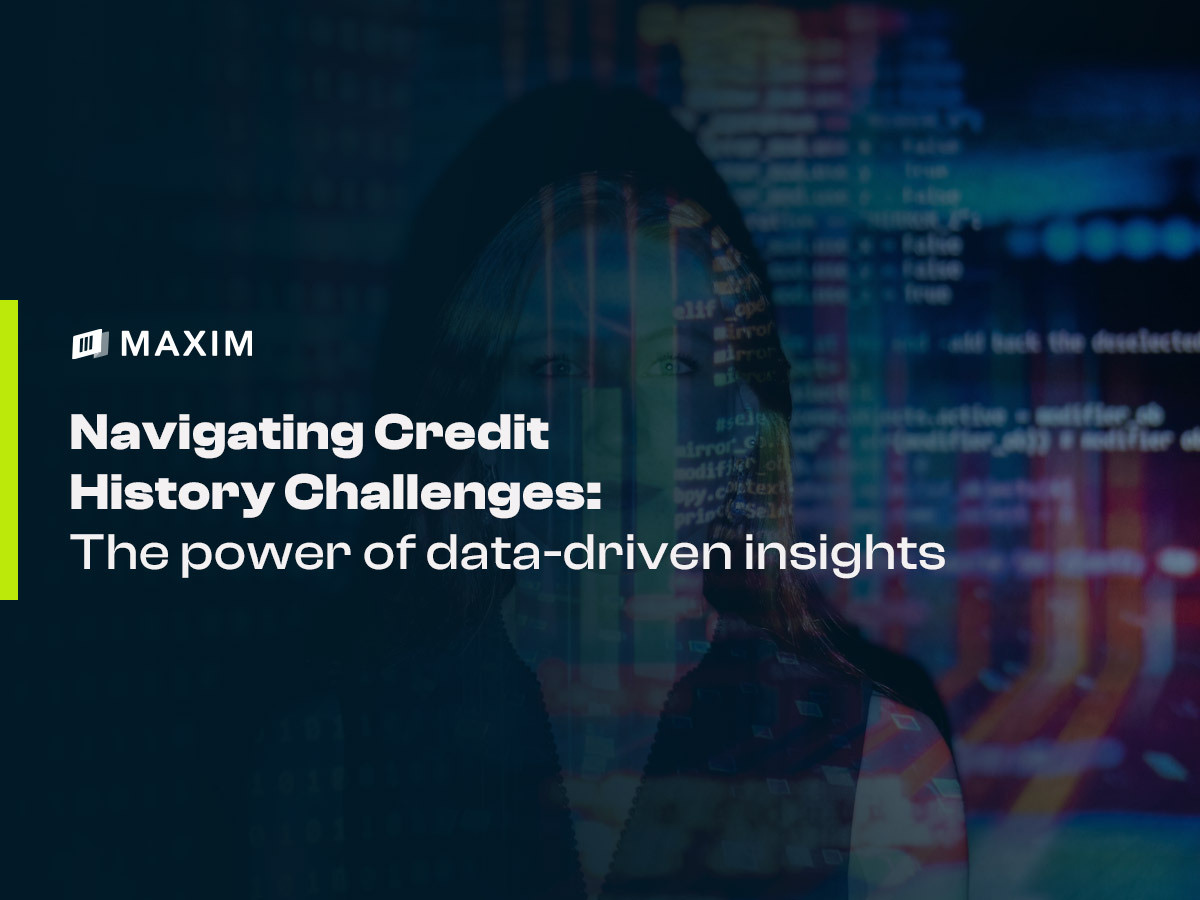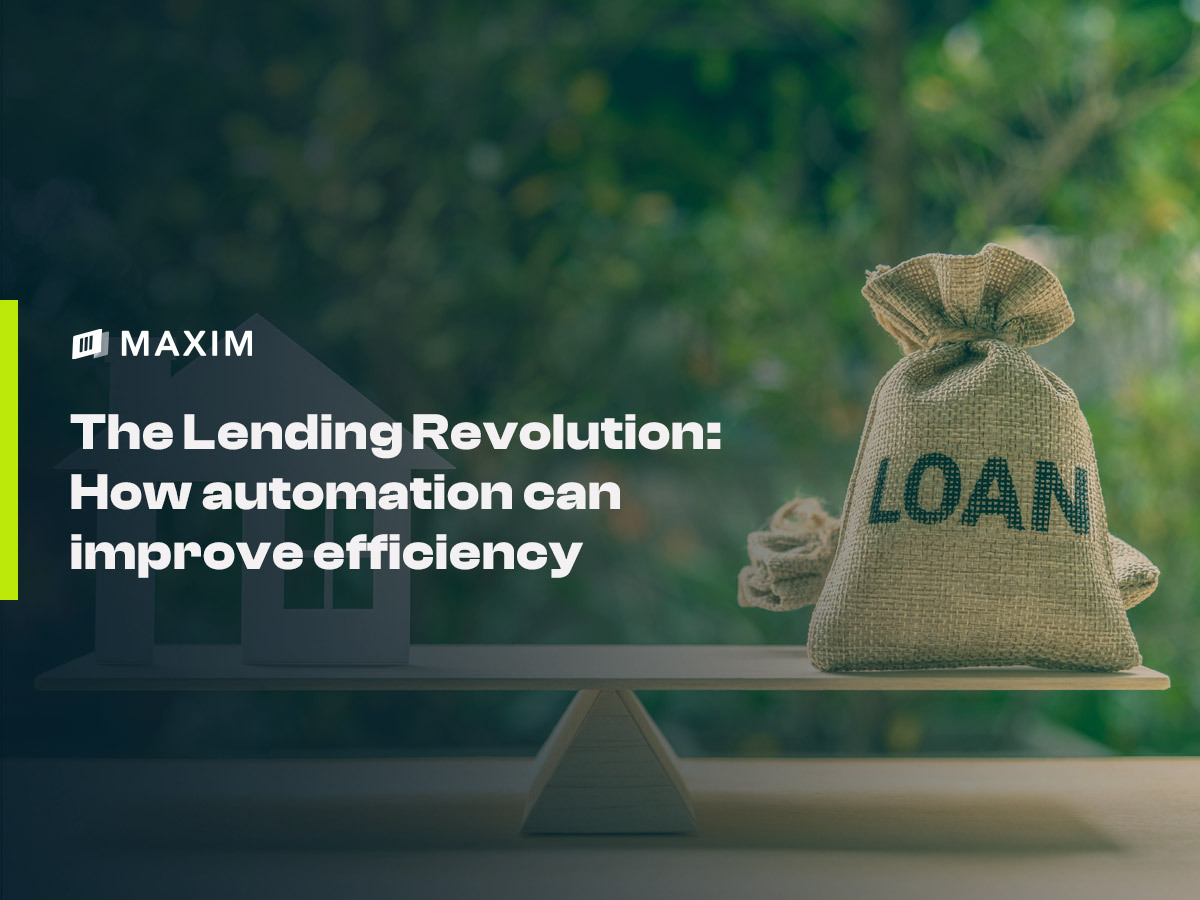Navigating Credit History Challenges: The Power of Data-Driven Insights
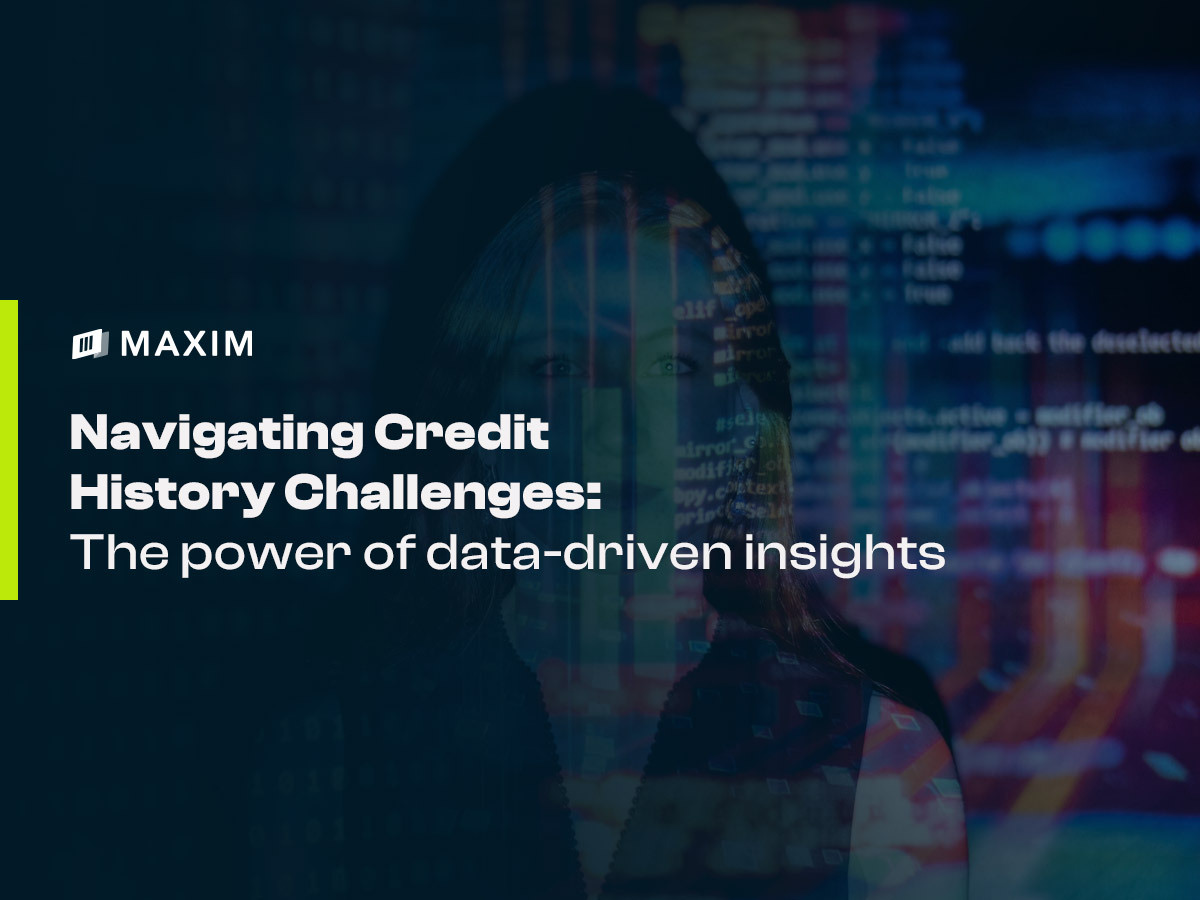
In the world of lending, making the right decision can be a daunting task. One common challenge Financial institutions, lenders, and credit providers all grapple with is how to accurately evaluate an individual’s creditworthiness.
Because traditional credit history evaluations come with limitations, they can hinder the ability to make informed lending decisions. Traditional credit history evaluations primarily rely on credit reports from major credit bureaus. These reports include data on an individual’s payment history, credit utilisation, length of credit history, and various other factors. While this data is valuable, it doesn’t provide a comprehensive view of an individual’s financial situation. In fact, some of the key limitations of traditional credit history evaluations include:
1. Limited Data Sources: Traditional credit reports often lack data from alternative sources which may lead to a misrepresentation of an individual’s financial responsibility.
2. Static Data: Credit reports provide a static view of a person’s financial history at a particular moment, lacking real-time updates for transactions in sectors not directly reported to credit bureaus. This limitation makes it challenging to precisely evaluate an individual’s current creditworthiness.
3. No Contextual Information: Credit data, condensed into scores, frequently lacks sufficient context, leaving out the complete narrative behind the score. Even when data is meticulously presented, it may appear too unprocessed for an average business lacking a comprehensive contextual history to decipher the displayed data points.
4. Limited Access in Emerging Markets where Cash Rules: Not everyone has a “traditional” credit history, making it challenging for newcomers to the financial system or individuals with limited credit exposure to access loans. Furthermore, the cost involved to access and integrate “traditional” credit data is high due to the fact that they are often stored in data vaults that are inaccessible to an average business that needs them.
Maxim’s API: Providing a Holistic View of Credit Data
At Maxim, we understand that the limitations of traditional credit history evaluations can lead to missed opportunities and potentially unfair lending decisions. That’s why we’ve developed an infrastructure that goes beyond the basics and offers a more holistic view of an individual’s creditworthiness:
1. Alternative Data Integration: Maxim’s infrastructure integrates alternative data sources from multiple sources. By considering this broader spectrum of data, our API paints a more accurate picture of an individual’s financial responsibility.
2. Real-Time Updates: Our API provides real-time updates on an individual’s financial status, ensuring that lenders have access to the most up-to-date information. This feature helps lenders identify positive changes in an applicant’s financial behaviour quickly.
3. Contextual Insights: Maxim’s API doesn’t stop at the numbers. We provide lenders with contextual insights, helping them understand the reasons behind certain financial decisions or challenges. This context is invaluable when making lending decisions.
4. Actionable Insights: Through our cutting-edge AI (artificial intelligence) decision algorithm, businesses gain access to valuable insights for underwriting decisions, leveraging comprehensive consumer data. This enables businesses to streamline underwriting processes with automation, ensuring smooth scalability of operations as consumers move through their funnel effortlessly.
Maxim’s aim is to empower service providers and businesses with the most accurate and comprehensive credit evaluation tools available. We believe that everyone deserves a fair chance at accessing credit and financial opportunities. By overcoming the limitations of traditional credit history evaluations and harnessing the power of data-driven insights, we’re making lending decisions more equitable and inclusive.







